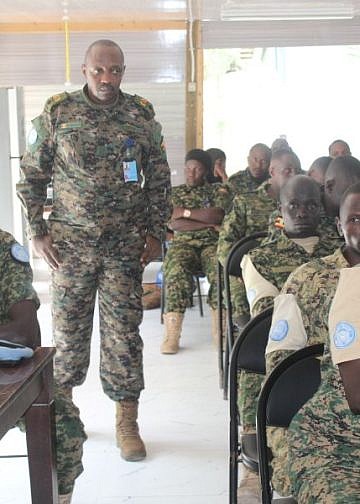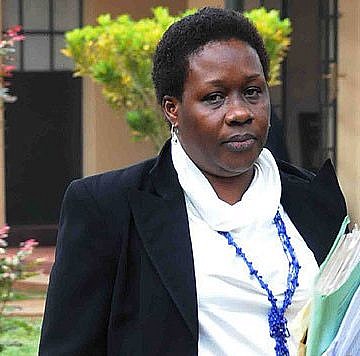By Frank Asiimwe Mulekwa
If ever there was a time when East Africa- and Africa at large- needed to unite it is today. However, this aspiration faces daunting frustrations at every turn one looks. At a time when we should speak collectively as regional blocs (and continent), some countries are looking inward, finding fault with one another, when they should cooperate in areas of common interest.
Take the case of the Director General of Kenya’s National Intelligence Services (NIS), Nordin Haji, when he recently held a press conference in the capital, Nairobi, and claimed that all countries surrounding Kenya are adversaries, apart from Tanzania. This is against the East African Federation and Pan Africanism spirit.
Haji named Somalia, Uganda, South Sudan and Ethiopia as countries which pose serious threats to Kenya’s security. This take, while intended to drum up more domestic support for the intelligence services in terms of logistical power, undermines the regional joint efforts in tackling insecurity.
At best, Haji should have raised these matters at a forum with counterpart security chiefs present and where they would all make a contribution to the discussions. No one country can contain the security threats against it. The best defence that exists is working together as one “country” of East Africa.
From the Ugandan side, it is common knowledge that at the top left corner bordering Kenya, there is endemic cross border insecurity among the nomadic tribes raiding one another for livestock. This problem has existed for decades but steps have been taken jointly to defeat it. It would be wrong at this stage for any one country to accuse another of anything in regard to this problem.
It is the same with Somalia, where the fight against Al-Shabaab is joint effort regardless of which country has more boots and tracks on the ground. Ethiopia’s challenge with the Oromo fighting group is not a curse and it is not bad for a neighbor to shoulder the burden of another country in its time of need. If it is refugees to host, it is a sibling thing to welcome them; if it is lending a hand to keep or enforce peace, that should come naturally.
What happened to the East Africa’s ‘Mifugo Protocol’, if it were not for Uganda’s input in Somalia and South Sudan, for instance, Kenya, Ethiopia and other countries in the Horn of Africa would be in direct fire of insurgents because that is their sworn plan which has only failed to catch on because of the strong stand of regional state security networks.
To speak for one country against others is to “arm” the bad groups causing insecurity in the region as they conclude from such public comments that there is disjointed efforts in fighting them. Shortage of logistics will always exist but the greater defence is in unity of purpose and rallying the population to work with the security agencies.
The Pan Africanism framework helps in facilitating security reinforcing efforts through various programs, agreements and exchanges. There are joint initiatives focusing on regional cooperation to address threats like cross-border crime, conflict, and security challenges in their broad form. These initiatives strengthen border surveillance, sharing of intelligence, and coordinating operations among partner states to build a stronger impenetrable bloc. The problems in DR Congo, North and West Africa can all be got rid of if respective countries spoke one language.
Combined efforts are a better and more sustainable way to fortify the security of countries, both individually and collectively.
The author is NRM publicist, Kampala District.








































